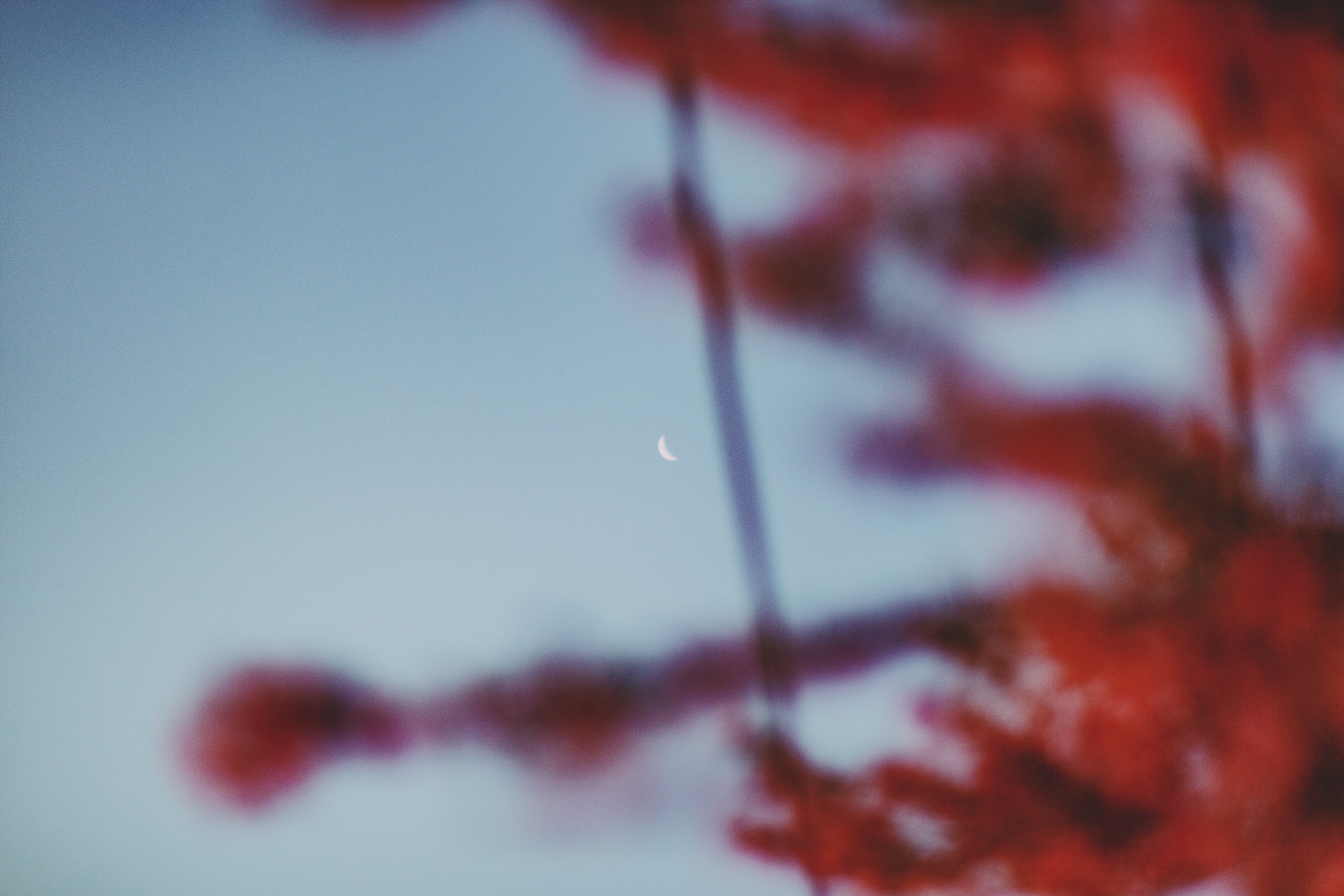
Cultivate Community
Like Your Mental Health Depends On It
Hello, I’m Anna. I moved in to Studio B in August this year.
Mental health and wellbeing is one of my favourite puzzles in this life. For a long time, it was pretty shit. Over the last 6 or so years, I’ve dabbled in lots and lots of n=1 experiments exploring what makes it better, and what makes it worse.
Through this practice, I ended up making myself a little tool in the form of a journal, called Moon Turtle, which is code for ‘mood journal’ when you’re in a loud bar, talking to someone who can’t talk much louder than a whisper.
Moon Turtle helped me a whole lot in getting to know the way I tick, and supported my mental wellbeing. Turns out, other people have found it helpful too.
And so now that’s what I work on within the little beautiful Poynton community. My life force is creating beautiful, meaningful, useful things, and Poynton is the space where I try to make that happen.
Cultivate Community Like Your Mental Health Depends On It
Not everyone has illness, but everyone has mental health.
And good mental health doesn’t just ‘happen’, it takes conscious and consistent effort.
Ups and downs are a very human experience for all of us. Our own personal earthquakes are a certainty in life—it’s a matter of ‘when’, not ‘if’. Actively building our resilience and creating mental wellness allows us to maintain some level of stability when the ground beneath us inevitably shakes.
It takes more work for some people than others, but really it’s hard work for everyone. Growing pains aren’t just for bodies.
My mum used to say to me, “I wish I could just wave my magic wand and make everything okay for you.” I wished she could too. I longed to be ~magically fixed~.
Slowly the truth revealed itself—terrifyingly at first, but slowly morphing into a rich source of empowerment—no one can fix anyone, we need to take the steps for ourselves.
That was lesson number one.
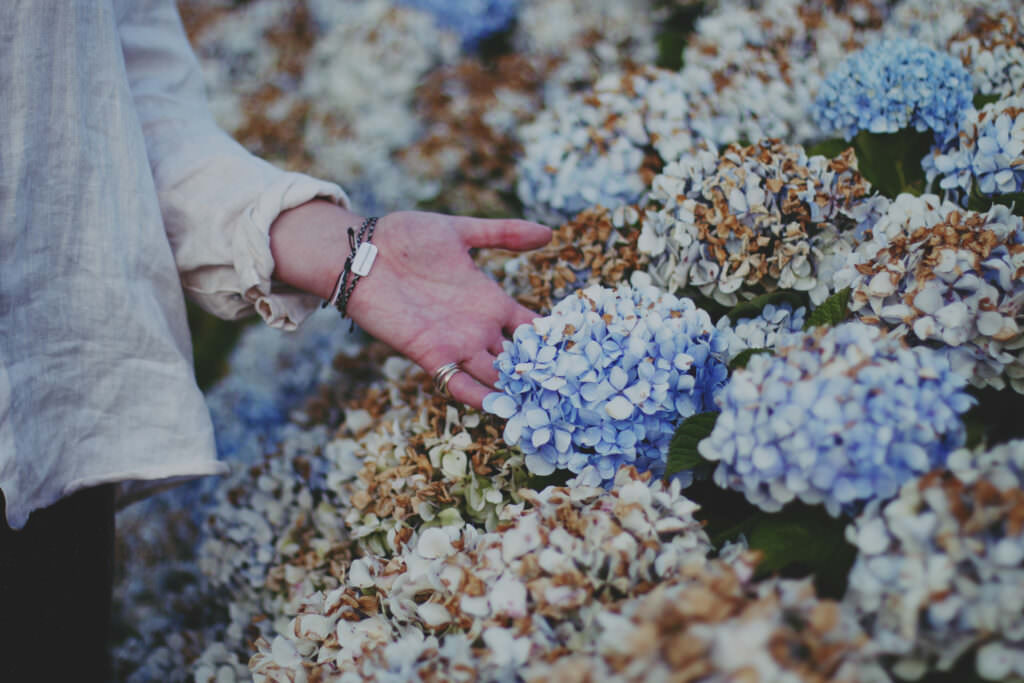
Lesson Two – we also can’t do the journey alone.
Humans are tribal by nature. Waywayway back when, our very survival depended on community, a sense of social belonging. For millions of years we instinctively knew that to be alone was a threat to our survival.
In today’s modern world, that’s not the case, but our nervous system hasn’t caught it. It still requires that social checkbox be ticked to provide a sense of safety, a fundamental aspect of resilience and our mental wellbeing.
Life isn’t supposed to be done alone.
As a reformed, defiant introvert, quality community and a strong sense of belonging is now a key piece in the (at least) 1000 piece puzzle of my mental wellbeing. With this piece on the table, other important pieces that contribute to base level resilience to a fall into place with ease.
“The right people are medicine.” – Lalah Delia
One of the first things we get taught in primary school is to treat others the way we wish to be treated—perhaps its simplicity of this sentiment dilutes its power.
There’s more strength in vulnerability than there is in the gymbro benching 250kg. Celebrate together; commiserate together.
You’ll be hearing more from Anna back here on the Journal, in the meantime make sure to check out Moon Turtle for all your mental health journalling needs. //
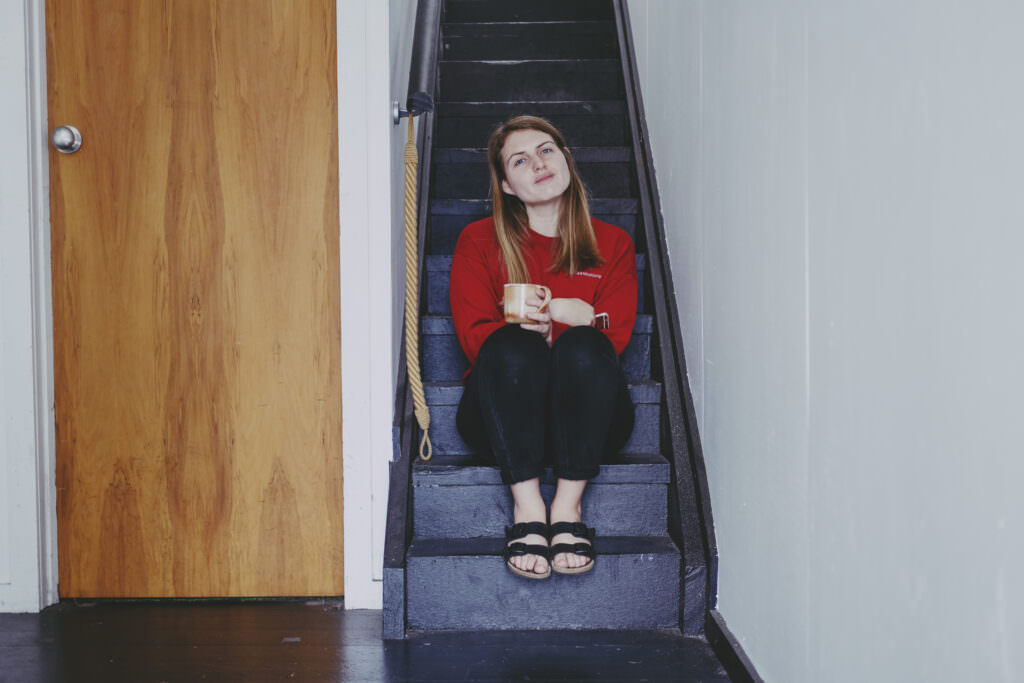
4 Comments
-
-
Anna
Hey Reuben, Thanks firstly for taking the time to read this post, and secondly for taking the time to write a thoughtful and grounded response! It's a very special conversation to be having. I totally agree with everything you’ve said. The ‘mental wellness’ puzzle is actually a ‘wellness’ puzzle. The mind and the body are indeed one system—what genuinely nourishes one will genuinely nourish the other, and vice versa. I don’t believe that mainstream beliefs around wellbeing—of the both mind and body—are quite up to speed on this front. They are treated separately. Meeting the general collective belief where it's at (with terms like 'mental health') and holding its hand along this tremendous perspective shift doesn’t happen quickly, but I believe that as a collective, we’re getting closer and closer to a more holistic understanding and approach. How bloody good! Things like eating and moving with consideration for how we think and feel, not how they make our bodies look. Meditation and stress-management to support gut issues, not just to intercept cycles of rumination—the mind-body connection is becoming increasingly more honoured. ? A holistic approach to wellbeing has definitely been the key to success in my journey, and I could write for days on that ? So while there are many many many things that contribute to wellness of all kinds, this article is simply about my experience with the connection between community and its effect on how I think and feel. By no means am I alluding to good mental health being just a few good friends away. Keep on keeping on! Anna ☺️??
-
-
-
Reuben
Another thought. Very little in life is truely black and white. We use words to define and delineate. So I would suggest yes, we are all mental ill but in different ways and to different degrees. Even the supposedly healthiest people in the world have issues. So who decides what defines 'illness'. Society I would suggest.
Comments are closed.

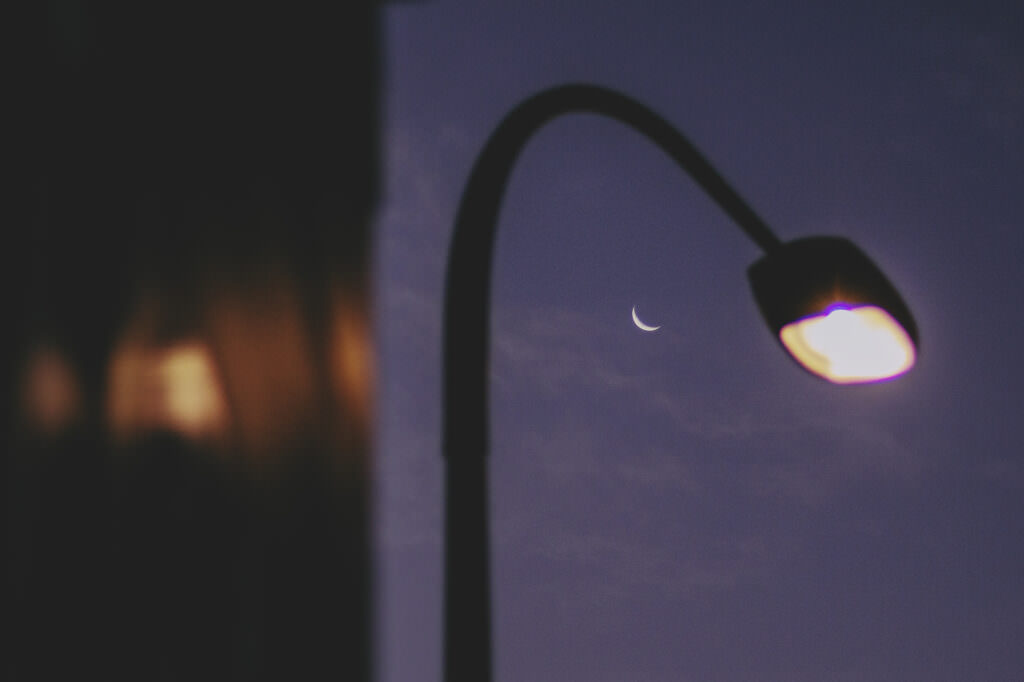
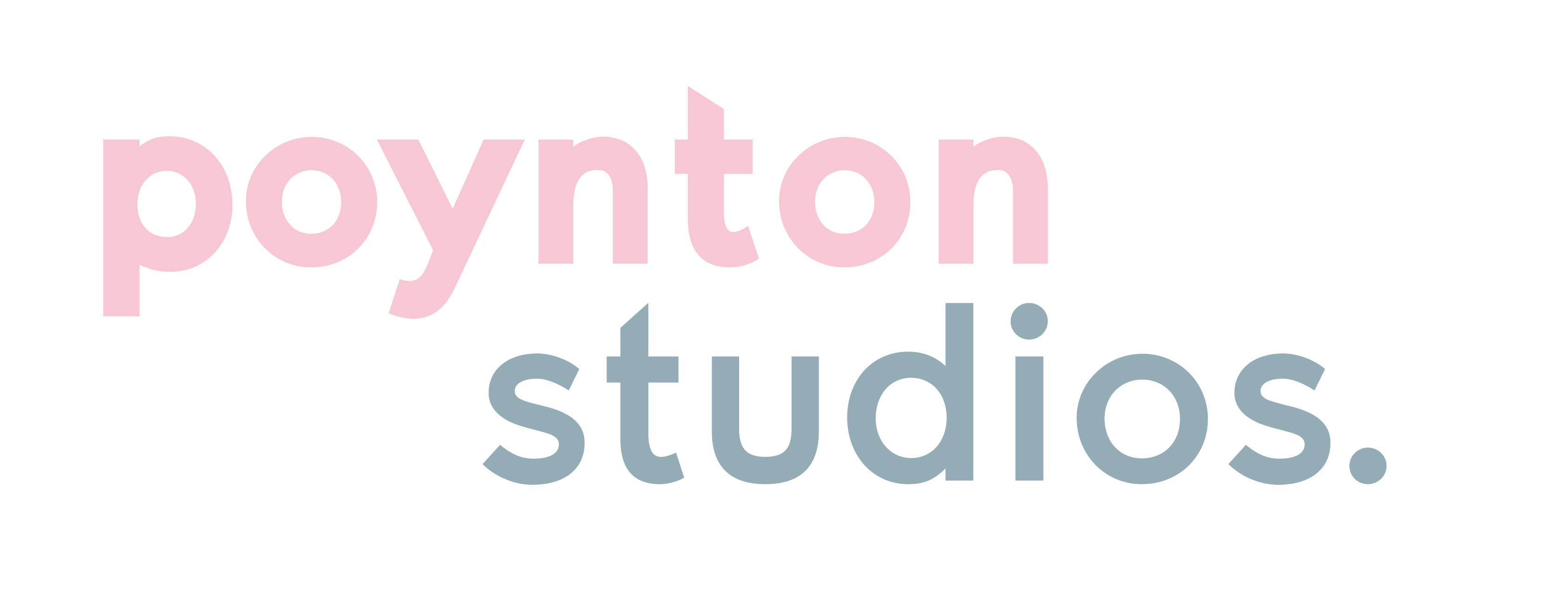
Reuben
Ouch that piece brought up issues I have to make some healthy progress on. Community is a big one. I don't like the term 'mental health' because it focuses our mind on thinking the issue is in someones head. 'Mental'. But waywayway back when we were more tribal, we also moved our bodies more everyday. Getting more sunlight and using our bodies more naturally. (I assume). The mind and body are one. Show me a depressed person who is abstinent from intoxicants and pharmaceuticals. Eats natural foods. Moves their body naturally. Sleeps naturally when the sun isn't out. (Circadian rhythm, pineal gland, melatonin). Get's exercise. And isn't abused and dominated by cruel people. And has engaging opportunities to play, laugh and be creative. We don't suffer from 'mental illness'. We suffer from unnatural living. Supportive, inclusive, engaging, encouraging social bonds are definitely part of that. Your writing on this topic is eloquent and deeply touching. Well done.